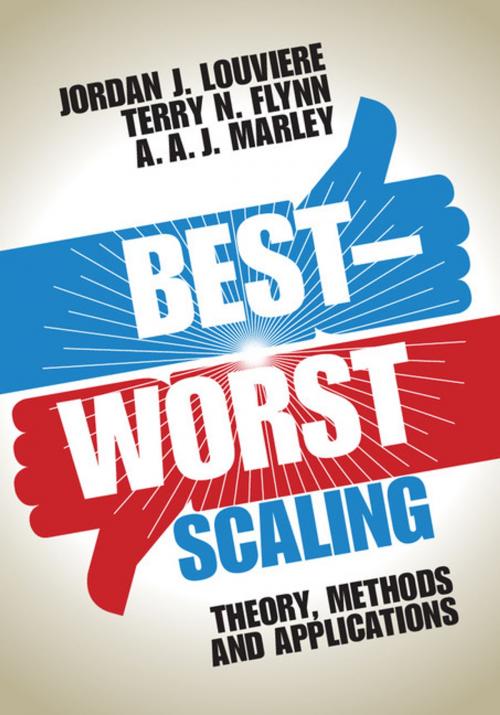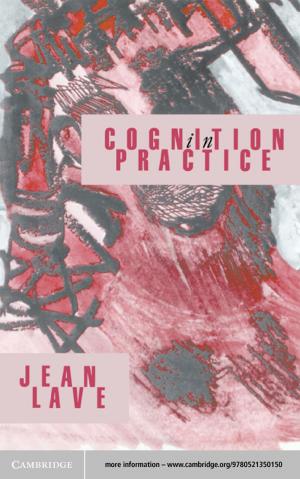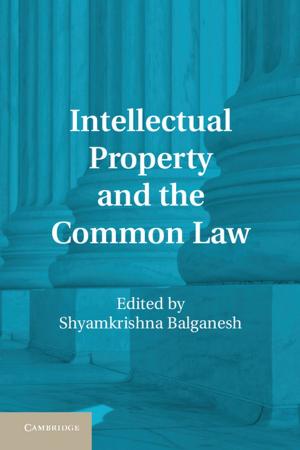Best-Worst Scaling
Theory, Methods and Applications
Business & Finance, Economics, Econometrics, Nonfiction, Science & Nature, Mathematics| Author: | Jordan J. Louviere, Terry N. Flynn, A. A. J. Marley | ISBN: | 9781316288306 |
| Publisher: | Cambridge University Press | Publication: | September 23, 2015 |
| Imprint: | Cambridge University Press | Language: | English |
| Author: | Jordan J. Louviere, Terry N. Flynn, A. A. J. Marley |
| ISBN: | 9781316288306 |
| Publisher: | Cambridge University Press |
| Publication: | September 23, 2015 |
| Imprint: | Cambridge University Press |
| Language: | English |
Best-worst scaling (BWS) is an extension of the method of paired comparison to multiple choices that asks participants to choose both the most and the least attractive options or features from a set of choices. It is an increasingly popular way for academics and practitioners in social science, business, and other disciplines to study and model choice. This book provides an authoritative and systematic treatment of best-worst scaling, introducing readers to the theory and methods for three broad classes of applications. It uses a variety of case studies to illustrate simple but reliable ways to design, implement, apply, and analyze choice data in specific contexts, and showcases the wide range of potential applications across many different disciplines. Best-worst scaling avoids many rating scale problems and will appeal to those wanting to measure subjective quantities with known measurement properties that can be easily interpreted and applied.
Best-worst scaling (BWS) is an extension of the method of paired comparison to multiple choices that asks participants to choose both the most and the least attractive options or features from a set of choices. It is an increasingly popular way for academics and practitioners in social science, business, and other disciplines to study and model choice. This book provides an authoritative and systematic treatment of best-worst scaling, introducing readers to the theory and methods for three broad classes of applications. It uses a variety of case studies to illustrate simple but reliable ways to design, implement, apply, and analyze choice data in specific contexts, and showcases the wide range of potential applications across many different disciplines. Best-worst scaling avoids many rating scale problems and will appeal to those wanting to measure subjective quantities with known measurement properties that can be easily interpreted and applied.















